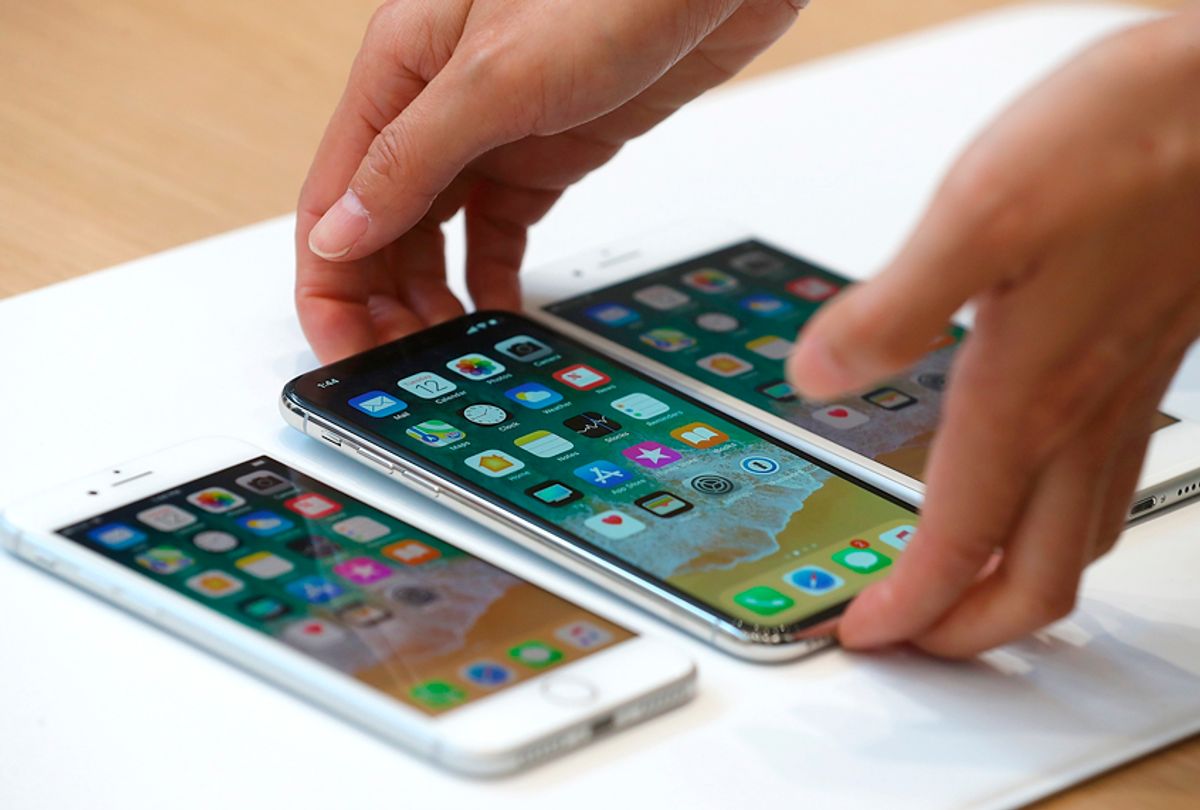A legal challenge against Apple that could take a huge bite out of one of the company’s biggest revenue-drivers got a hearing in front of the Supreme Court Monday morning, with the nation’s high court — based on the questions and comments from justices — appearing to side with iPhone owners who brought the litigation in the first place.
At issue in this case is whether iOS device owners have standing to bring a lawsuit against Apple over the terms of its App Store, which the plaintiffs argue violates federal antitrust laws. The App Store famously takes a 30 percent cut from developers who sell their app through the store, which the consumers argue is a cost that gets passed on to them. Moreover, iOS device owners can only buy apps through the App Store unless they “jailbreak” their phone. Apple, of course, argues that the plaintiffs shouldn’t be allowed to sue it over the app sales because Apple says it isn’t selling the apps directly to consumers, it’s just passing them along from the developers as a kind of middle man.
In an hour-long oral argument session this morning, though, some justices seemed to take a skeptical line.
Read more BGR: Chinese scientist who claims to have genetically modified babies was suspended from his job in February
Justice Neil Gorsuch, appointed by President Trump, wondered, according to a Reuters report, whether a key 1977 ruling is appropriate in this case. In that earlier ruling, the top court limited damages in monopoly-related cases to only those directly harmed instead of anyone who indirectly was overcharged. But there’s a question as to how well that’s applicable in the modern marketplace, Gorsuch wondered aloud.
Justice Elena Kagan, appointed by President Obama, seemed to side with those who say that consumers have a direct relationship with Apple when they buy apps through the App Store. “From my perspective,” she said, “I’ve engaged in a one-step transaction with Apple.” Chief Justice John Roberts, a George W. Bush appointee, nevertheless suggested he sides with Apple and seemed concern that Apple could end up being held liable by both consumers and app developers.
The Reuters report goes on to provide some key context as to why this case is so important: “Apple, also backed by the U.S. Chamber of Commerce business group, told the justices in legal papers that siding with the iPhone users who filed the lawsuit would threaten the burgeoning field of e-commerce, which generates hundreds of billions of dollars annually in U.S. retail sales.
Read more BGR: Elon Musk says there’s a 70% chance he’s going to move to Mars
“The plaintiffs, as well as antitrust watchdog groups, said closing courthouse doors to those who buy end products would undermine antitrust enforcement and allow monopolistic behavior to expand unchecked. The plaintiffs were backed by 30 state attorneys general, including from Texas, California and New York.”
An app developer trade group called The App Association has also put out a statement that sides with Apple. That group said the customer “is unequivocally buying from the app developer, not the platform the developer sold their app through.”
A ruling is expected in late spring. CNBC today described this legal action as the most important business dispute of the Supreme Court’s current term and also “the most consequential litigation facing Apple outside of its billion dollar intellectual property suit against chipmaker Qualcomm.”
Read more BGR: No, asteroid 2018 LF16 probably isn’t going to hit the Earth




Shares